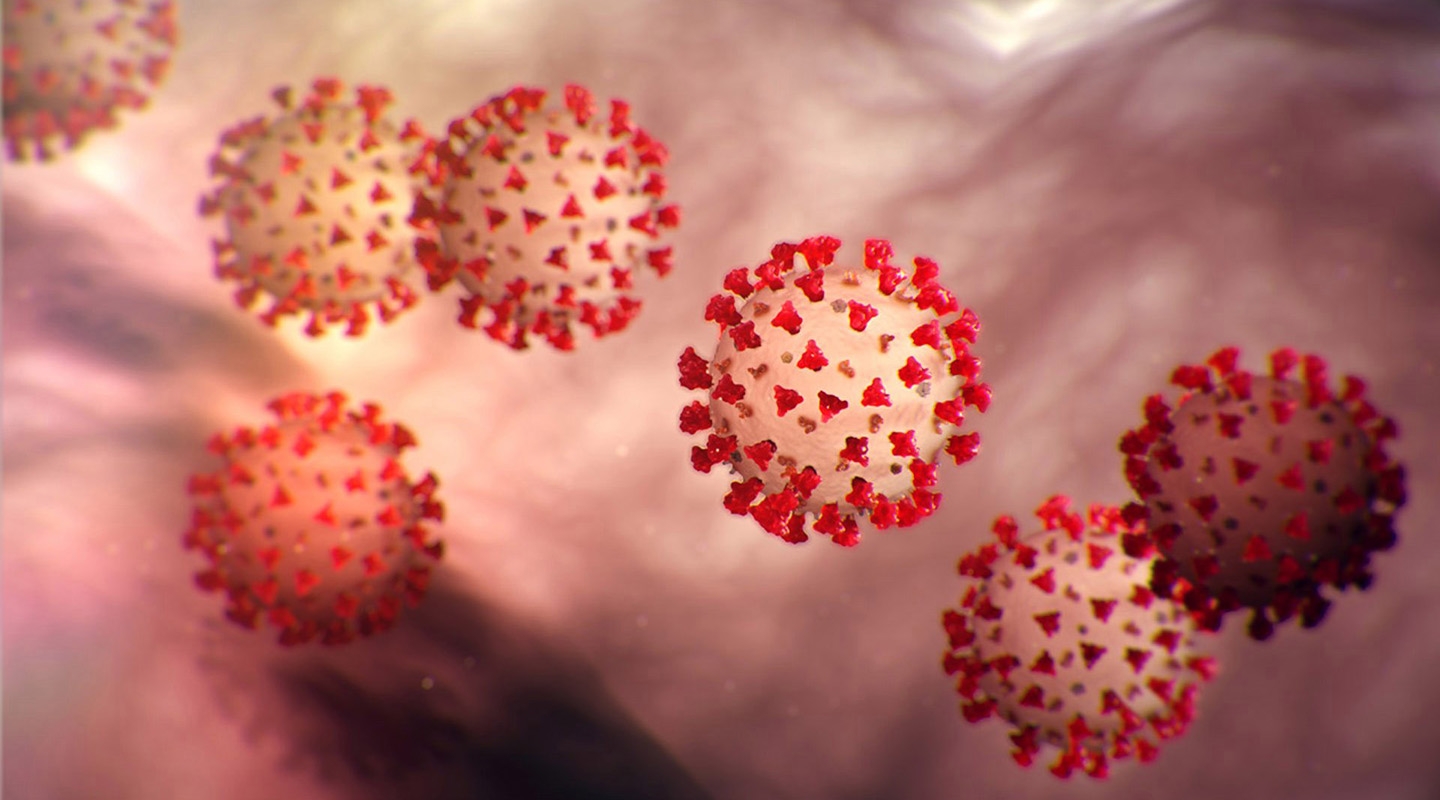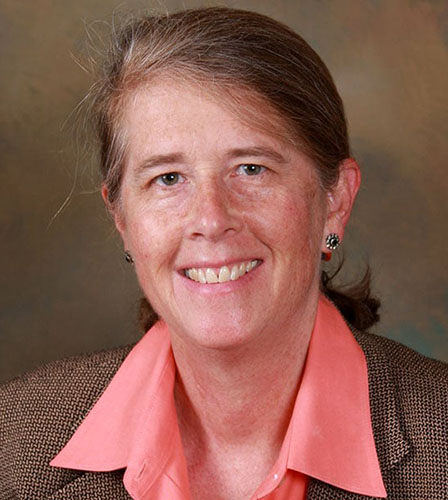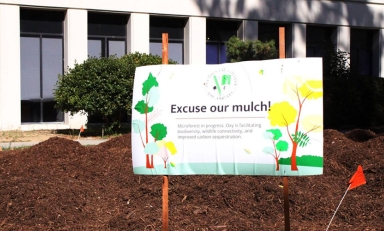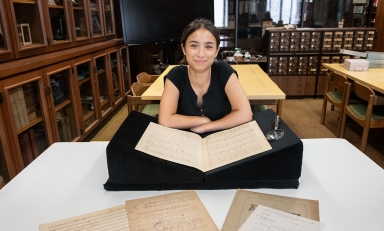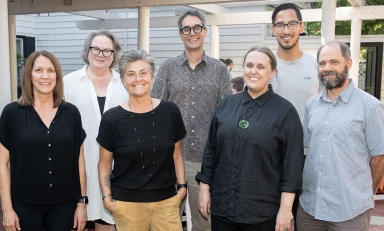Co-taught by an Oxy professor and an Oxy alumna who is an infectious disease expert, the class features an impressive lineup of guest speakers including primatologist Jane Goodall and Pasadena Director of Public Health Dr. Ying-Ying Goh.
Most of the course lectures, which will be uploaded on a weekly basis, are available for viewing by Oxy community members. Those with an @oxy.edu email address can log in with their Oxy credentials and self-enroll in the course via Moodle to access lecture recordings and a lecture schedule. Self-enrollment mini-tutorial
It was May 2020, barely two months into the COVID-19 crisis in the United States. Professor of Biology Roberta Pollock had been asked to join Occidental’s Health & Safety Committee as an expert in immunology and molecular biology. Oxy alumna Dr. Kimberly Shriner ’80 of Huntington Hospital had also been brought in to consult for the College as an infectious disease specialist.
On a Zoom meeting with the committee one day, as the group marvelled at how complex the pandemic was, Shriner commented how interesting it would be to teach a class on the topic. Pollock echoed her sentiment. Moments later, a message appeared in Pollock’s video chat window from then-President Jonathan Veitch, also in the meeting, encouraging her to make it happen.
“It’s a historic moment in time,” Pollock says. “Being able, as an immunologist, to work with someone of Dr. Shriner’s caliber and have real-world, real-people applications for what I’ve studied my entire life is incredible.”
Students have a unique opportunity to study the pandemic in real time as they delve into the biology of the SARS-CoV-2 virus, the COVID-19 disease it causes, the human immune response, and the factors affecting the disease’s outcome. Other topics include testing and vaccine development as well as the epidemiology of the disease—including issues of racial inequity and COVID-19’s disproportionate effects on people of color.
Senior JP Flores, a cellular and molecular biology major, was intrigued to learn about the virus while seeing it play out in real time.
“I was also drawn by the collaborative nature of the course—it's not very often that you have all these brilliant minds adding their perspectives in one course. It's almost like I'm at a semester-long scientific conference!”
Shriner calls it a privilege to return to Occidental and join the faculty as part of this unique opportunity.
“My undergraduate education and the incredible professors I had at Occidental were formative in my scientific pursuits,” she says. “My career as an infectious disease specialist started with the HIV pandemic and now, 30 years later, we have COVID-19.”
Shriner leveraged her connections in the medical field to assemble an impressive group of guest speakers, including primatologist and anthropologist Goodall and public health director Goh. Each week a different expert in the field will lecture to the class, including the chief of the Division of Infectious Diseases at City of Hope; the medical director of pediatrics at Huntington Hospital; the head epidemiologist for the Pasadena Public Health Department; and two Huntington physicians.
Several Oxy faculty members are offering their expertise as guest instructors, and in addition to Shriner, four other Oxy alumni are involved as lecturers: Occidental Trustee Dr. Magdalena Arenas ’92 P’19, a pulmonologist at Huntington Hospital; Cheryl Prigodich ’06, deputy director of operations for the CDC's Office of Safety, Security, and Asset Management; Madaser Basam ’18, a current medical student who developed a COVID-19 tracking app; and Karen Molinder ’96, assistant professor of biology.
“This collaboration is really an example of Oxy at its best,” Pollock says. “We’re very fortunate to have alumni at the Huntington Hospital who are so committed to the College.”
“I have some classmates who are so fascinated by the material that they've already decided to pursue careers in infectious disease after Oxy,” adds Flores.
Pollock says she loves teaching and getting to learn and explore this topic alongside her students is wonderful.
“We have this really interdisciplinary course that is bringing in Oxy faculty and local experts. It’s an amazing opportunity and it’s also strengthening our partnership with the Huntington Hospital, which is great for our students.”
Shriner feels similarly.
“It is rare that a collaborative group of scientists, clinicians, researchers, epidemiologists, ethicists and activists can all come together, reach out to an exceptional group of Occidental students and study this pandemic in real time. These are challenging times, but I know that together we can inform, inspire and improve our communities.”
Most of the course lectures, which will be uploaded on a weekly basis, are available for viewing by Oxy community members. Those with an @oxy.edu email address can log in with their Oxy credentials and self-enroll via Moodle to access lectures and a lecture schedule (schedule subject to change). Self-enrollment mini-tutorial

